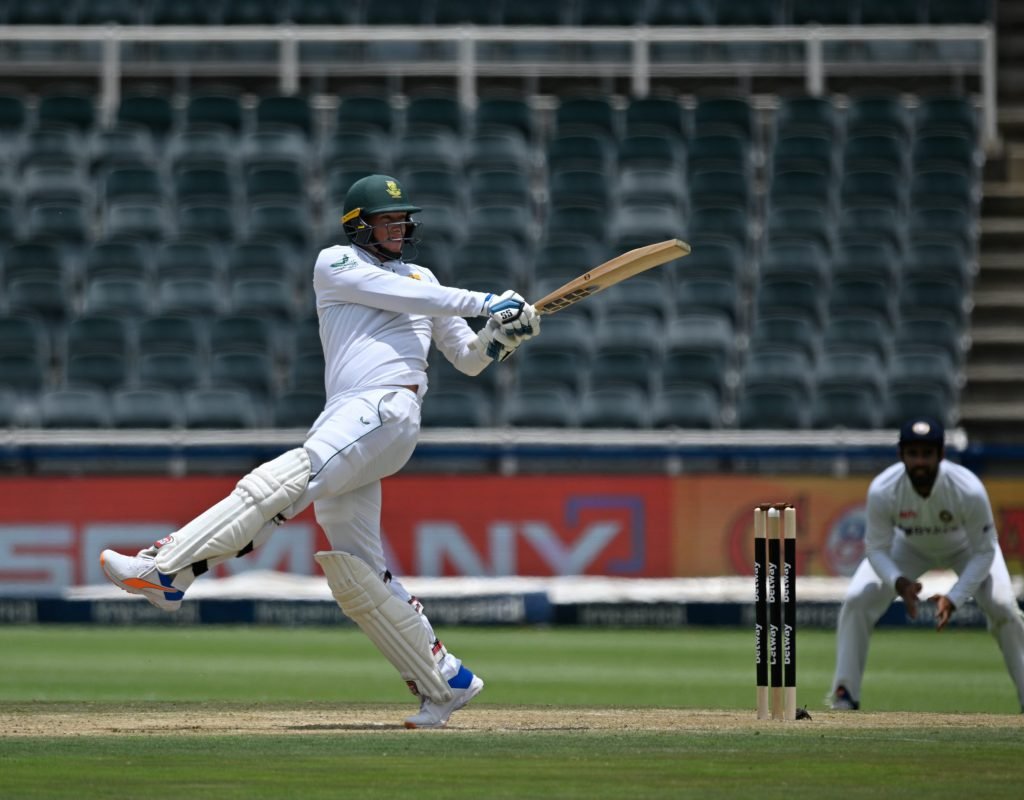A history of T20’s adverse effects on CSA; is another calamitous mistake in the offing? 0
South Africa’s bombshell decision to pull out of their ODIs in Australia next January, thereby harming their chances of qualifying automatically for the World Cup, have exposed not only the adverse financial situation CSA find themselves in, but also their obsession and the massive gamble they are taking in trying to get a T20 franchise league off the ground.
By forfeiting three ODIs against Australia, the Proteas will miss out on a possible 30 points that could have lifted them from their lowly current position of 11th on the World Cup Super League qualifying table into the top eight and an automatic place in the showpiece 50-over tournament.
The reason CSA have given for taking such a drastic step is that their new T20 franchise league they are launching next January is their priority and they feel they have to have their Proteas available for the new tournament.
Not many people realise, but it was South Africa who first played T20 cricket at a senior, interprovincial level. Back in 2002, SuperSport and Discovery combined for a knockout 20-over tournament featuring Western Province, Northerns and KZN, and one other invited team, that sent the winners on a trip to an exotic destination as a prize.
South Africa were also amongst the first to stage a formal domestic T20 tournament, in 2004 as part of the switch to the franchise system.
While T20 was not initially taken very seriously at international level, after South Africa hosted the first T20 World Cup in 2007, the format’s popularity quickly spread through all levels of the cricketing world.
India won that inaugural World Cup, beating Pakistan in a thrilling final at the Wanderers, and the most cricket-mad country in the world’s love affair with T20 began. The Indian Premier League, the most lucrative of all cricket events, began in 2008.
The 2009 IPL was hosted by South Africa due to security concerns surrounding India’s general election. And that is when the adverse effects T20 has had on the running of cricket in this country began to rear their ugly head.
For CSA, T20 has been a bit like The One Ring in J.R.R. Tolkien’s classic, The Lord of the Rings. The ring forged by the dark lord Sauron has the ability to provide great power, but it also corrupts even the most well-intentioned.
Following their hosting of the IPL, CSA became embroiled in the Bonus Scandal that cost CEO Gerald Majola and several high-ranking administrators their jobs.
The T20 Global League, the brainchild of Haroon Lorgat, who succeeded Majola as CSA’s chief executive, was meant to get off the ground in 2017 and then in 2018, but it was embroiled in controversy over broadcast rights. Lorgat was fired by the Cricket Capturers who then plunged CSA into its biggest ever crisis, and the reason why the organisation was, six months ago, apparently a year away from Day Zero – when they could no longer pay the players.
The engineers of that ‘coup’ then launched the Mzansi Super League, which was played in 2018 and 2019 but was never financially sustainable because the broadcast rights – where most of the income should be derived – were given to the SABC for free.
And now CSA have a new Precious. There is another T20 domestic franchise league on the table, waiting to be launched. Whether this will be another poisoned chalice or a belated success story remains to be seen.
On the positive side, what toppled the previous attempts – the lack of broadcast income – has been resolved by SuperSport coming on board and being a 30% stakeholder in the event.
As far as the Proteas are concerned, there is disappointment that they won’t be playing the ODIs in Australia and they are upset over the 30 qualifying points lost. But unlike last October when CSA made a unilateral decision that the players must take a knee for Black Lives Matter, this time the team were consulted and they understand the financial priorities at play.
Apart from having all our own stars involved, big-name overseas players such as Jos Buttler and Liam Livingstone are being courted to play in the league. But it’s not as if there’s no competition for their signatures: The Big Bash League starts in Australia in December and the Emirates Cricket Board are launching their own new T20 league in January 2023 as well.
CSA are reportedly allowing each of the six teams in their league a U.S.$1.5 million salary bill, but the UAE are apparently going to match that and their players will only have to pay 2% tax, compared to the 15% withholding tax in South Africa.
CSA have three main income streams: broadcast rights, sponsorships and ICC disbursements.
While not qualifying for the 50-over World Cup would mean missing out on a substantial amount of U.S. dollars, broadcast rights only really bring in the millions CSA require when they host one of the Big Three, especially India.
And, thanks to the aforementioned CSA ‘coup’ in 2018, sponsors have also largely fled the coop.
So one can understand CSA’s desperation to find some way to keep the lights on at their Melrose Estate offices. And by extension the 15 provinces, which cost CSA R250 million a year to look after.
More countries are likely to pull out of bilateral commitments, and even risk their participation in ICC events, because of cricket’s skewed financial model.
It is time the International Cricket Council, as the mother body of the game, took serious steps to look after all their children and not just India, England and Australia. A failure to ensure a level playing field will lead to the demise of international cricket.
